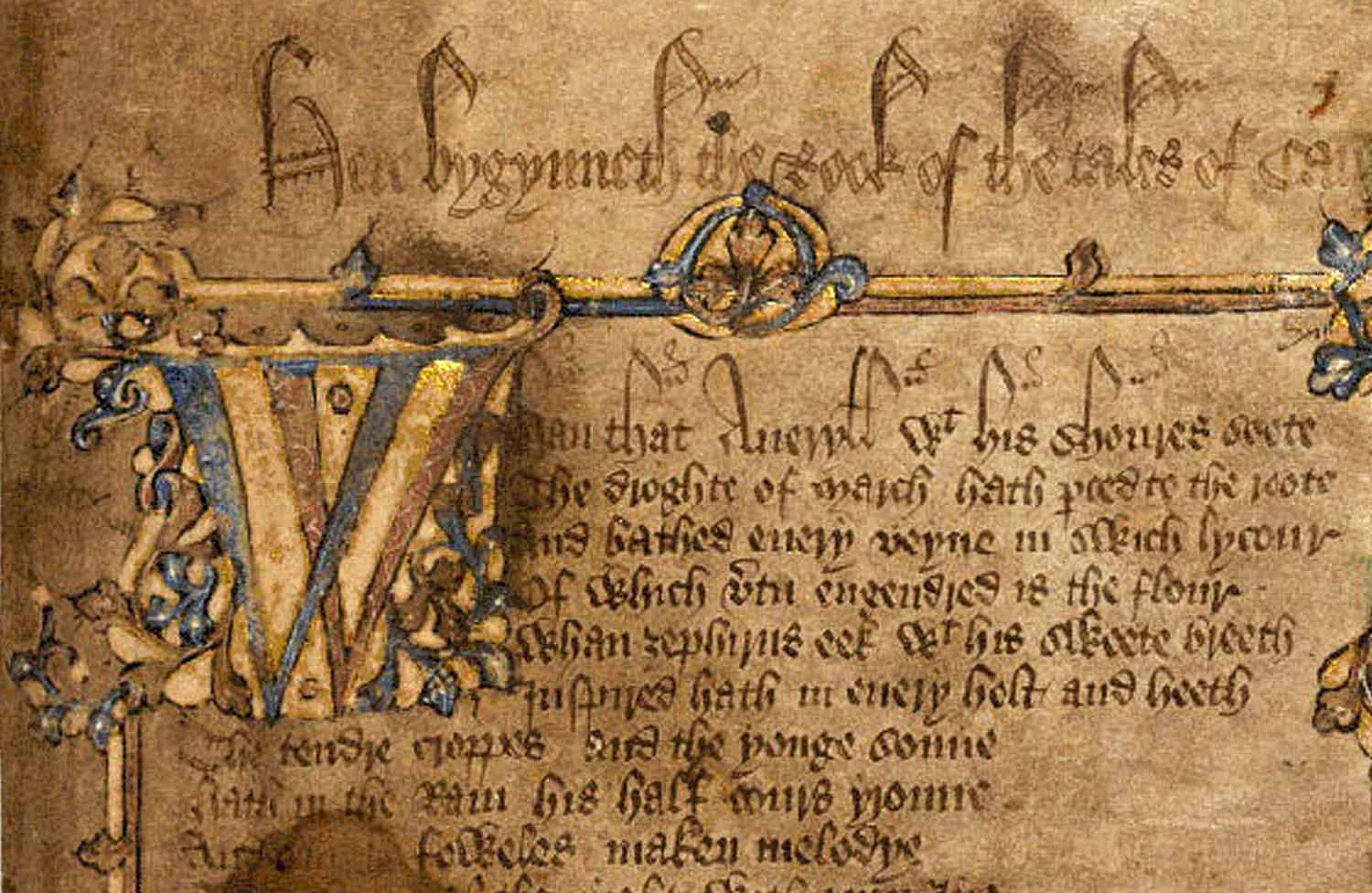Grant from Andrew W. Mellon Foundation will help preserve and share rare manuscripts

The University of Toronto will join in a new wave of digital scholarship thanks to a $1-million grant from the Andrew W. Mellon Foundation.
Posted on March 15, 2016
Scholars from the Centre for Medieval Studies and developers at U of T Libraries are using the US$773,000 gift to build software that will share images of thousands of rare manuscripts – and share researchers’ insights too.
Everyone’s had the experience of wanting to show someone a great picture … but it might be buried deep on your phone, on the hard drive of your second-last laptop – or maybe even in a shoebox at Grandma’s. Scholars studying medieval manuscripts can have similar problems.
It’s not just a matter of there being only one fragile copy kept in a temperature-controlled room in Oxford’s Bodleian Library, says Prof. Alexandra Gillespie of English and Medieval Studies, one of the grant beneficiaries. Even when manuscripts have been digitized (about two per cent have, so far), those images are scattered across different sites owned by different libraries. And even when the public can view the images, most can’t decipher the old language and writing.
That will change with this project. Software developers at U of T libraries will create a program that can not only store the new images, which Gillespie’s students will be taking next year of manuscripts in Wales, Scotland, France and Germany, but can also let researchers work with them remotely, curate them into exhibitions, share their translations and insights in a truly global collaboration. This will make a highly specialized field much more accessible to everyone with an interest in the past.
The team will take advantage of the increasing tendency to save images with IIIF-compliant metadata, says Sian Meikle, who is Director, Information Technology Services, at University of Toronto Libraries and co-principal investigator for the project. They will create a new module for the open-source program Omeka that can access images stored elsewhere on the web. “Scholars will be able to pull images from multiple repositories and make an exhibit,” says Meikle. “They’ll be able to annotate images, and save their work for further use.”
Gillespie worked with digital images of the c. 1405 Hengrwt manuscript (pictured), one of the earliest versions of the Canterbury Tales. Being able to put images together with Omeka helped her think about the manuscript in a new way, she says. “I actually worked out that some of the most famous parts of the Tales were censored by scribes – no one’s noticed it before. That’s one amazing little story that you can suddenly tell about the past, as we make this material accessible, first to ourselves, in different ways, and then to a much wider community of knowledge.”
Donald Waters, Senior Program Officer for Scholarly Communications at the Mellon Foundation, said, “On full display in this grant is the collaborative spirit that scholars have shown in working with librarians and technologists to build, improve, and use the digital tools and resources needed to enrich the study of the medieval period.”
“We are deeply grateful to the Mellon Foundation for making it possible for us to expand our capabilities to support digital scholarship in Medieval Studies,” said Chief Librarian Larry Alford. “The University of Toronto Libraries has a 55 year history of building and using leading edge technology tools to support learning and research. We are excited to collaborate with faculty and major research libraries around the world on this innovative project.”
University of Toronto President Meric Gertler remarked, “The Mellon Foundation’s generous grant comes at a pivotal time in the evolution of digital humanities and will support our work of developing new technologies, opening new avenues of research and increasing access to rich research materials. The Mellon award will also enable the University of Toronto to continue a tradition of pioneering global and interdisciplinary partnerships, and our libraries’ leadership in the innovative development and use of information technology to support research.”
